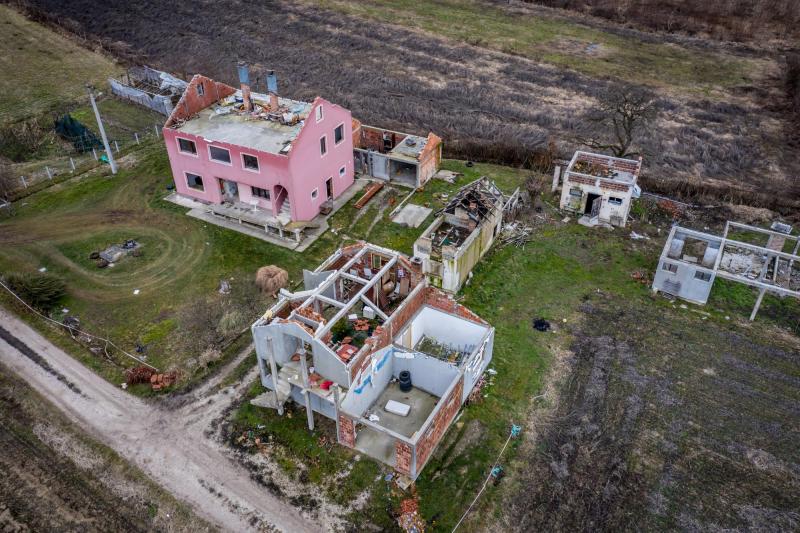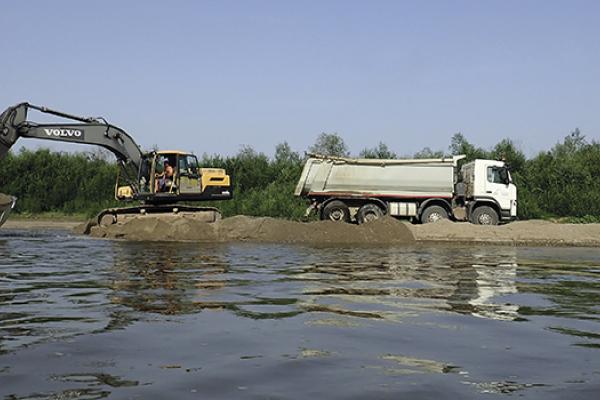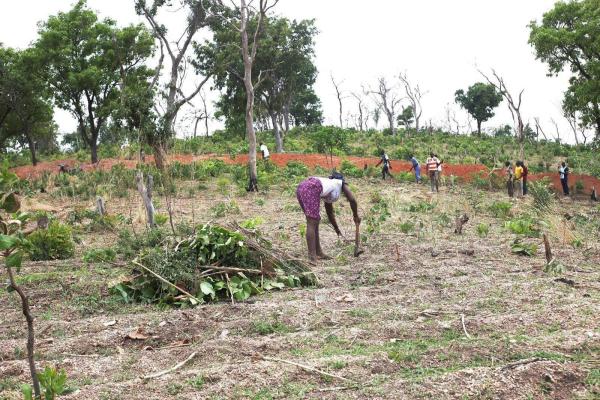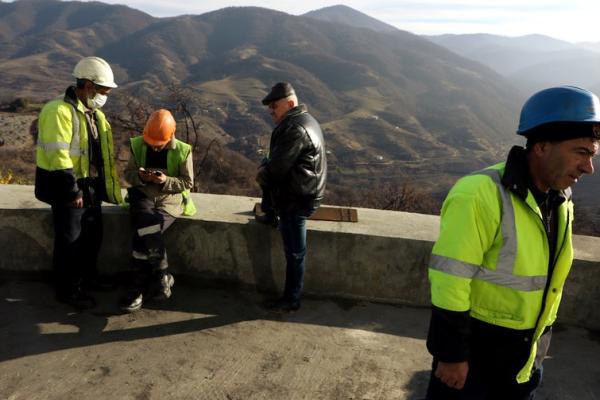Lithium is essential if the EU is to fulfil its promise to decarbonise and put 30 million electric cars on the road by 2030. However, environmental organisations in Serbia warn that the EU's drive for lithium could cause destruction of nature and social upheaval. An unpublished environmental impact assessment by Rio Tinto suggests that biodiversity would be lost and air pollution from toxic tailings could pose a risk to the wider population. However, President Vučić appears primarily concerned with the economic growth that will result from his billion-dollar 'project of the century'.
Rio Tinto has already purchased most of the properties required for the mine. Forty-nine empty and dilapidated houses litter the Jadar Valley, reminding the remaining farmers of their neighbours' 'betrayal'. People from across Serbia have rallied in support of the farmers, who feel cheated by the ruling party's media manipulation and unconstitutional actions. This has resulted in some of the most radical citizen protests in Serbia in recent years.
In January this year the mass protests forced the government to pull the emergency brake on Rio Tinto's controversial mining project - just months from the national elections. Vučić did not want to risk losing voters to the newly formed green opposition. But farmers in the Jadar valley, activists and opposition members all suspect a political manoeuvre and claim that the mine will nevertheless be built after the elections. And so the protests continue.
A cross-border team from Serbia, the Netherlands and Germany is exploring what is at stake for Serbia and the EU with regard to the Jadar mine. The team analyse how political parties are capitalising on this controversial project in an attempt to undermine Vučić's autocratic rule, while also investigating allegations of pollution, biodiversity loss and mismanagement in western Serbia.
This investigation was nominated for the Dejan Anastasijević Investigative Journalism Award in Belgrade.
Photo credit: Nathalie Bertrams





